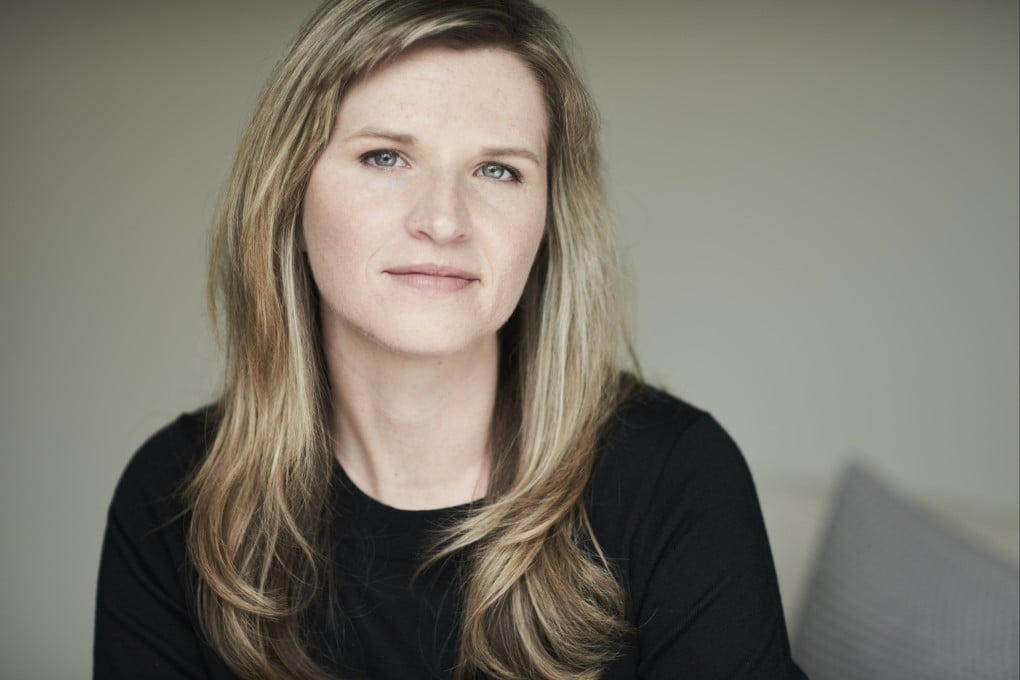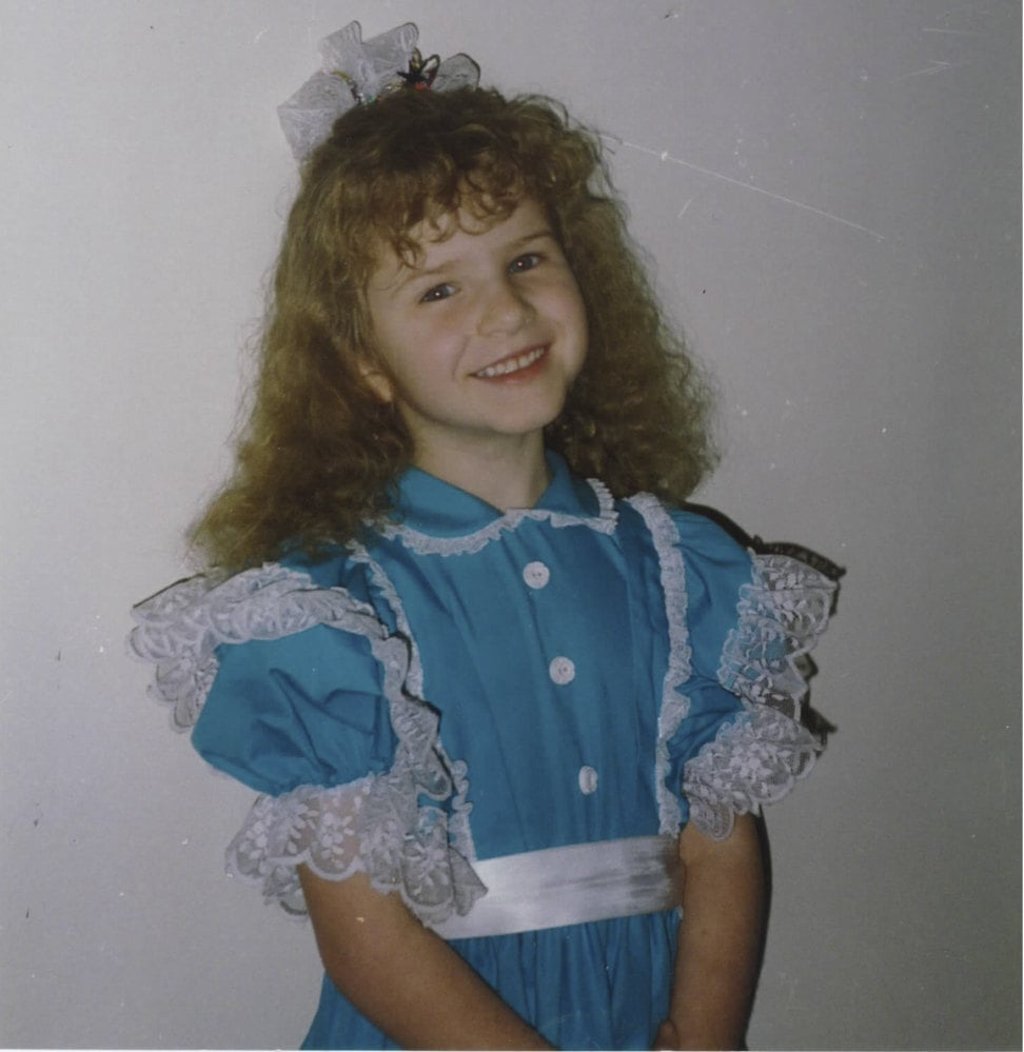Profile | Author Tara Westover on her radical Mormon upbringing, getting into college without schooling, and her bestselling memoir
- Born to Mormon fundamentalists in Idaho who did not believe in traditional education or government, Tara Westover still managed to study her way to college
- Despite suffering post-traumatic stress disorder, she earned a PhD at Cambridge University and her memoir, Educated, became a bestseller

Conspiracy theories I was born in 1986, the youngest of seven. We lived in a rural part of Idaho (in the United States), in the mountains. My parents were radical Mormons and didn’t believe in a lot of the things that most people take for granted. My dad had a lot of theories about what he called the “Illuminati”, or the new world order, which basically was his idea that there was a nefarious band of people who were taking over the world and he thought that they could infiltrate the government and the medical establishment.
My family stayed away from anything to do with traditional medicine or government, which meant that I was born at home and didn’t get a birth certificate. My father became more radical as he aged, so although some of my older siblings had a few years of schooling, the youngest four of us kids never stepped into a classroom.
Multitude of sins As a child, it felt normal because it was all I’d known, and I thought everyone else was the crazy ones. Every morning my mom made pancakes and we would sit around a large table and read scriptures for half an hour, then have family prayer and then we’d go out and work. My dad had a junk yard and that was how he made a living; we’d salvage scrap metal or we would farm.
We had private scripture study at the end of the day and on Sundays we went to church. There were other kids my age in the town, but I wasn’t close to any of them because everyone else was “normal”, for want of a better word – they went to school and went to the doctor – and I had a strange dad who would get up and tell everyone from the pulpit that they were sinning.
I was pretty isolated until I was seven and another family moved into town that was almost as radical as my dad. They became friends with my dad, and then I had my first friend – a girl at church who no one else wanted anything to do with, just like me.

Missed opportunity When I was four or five, I was taught to read by an older brother, Tyler. Actually, he did it to win a bet with another brother. As the youngest of seven kids, I didn’t want to be the only child who couldn’t read, so I was motivated. Dad didn’t like us reading books that he thought put forward any philosophy he objected to.